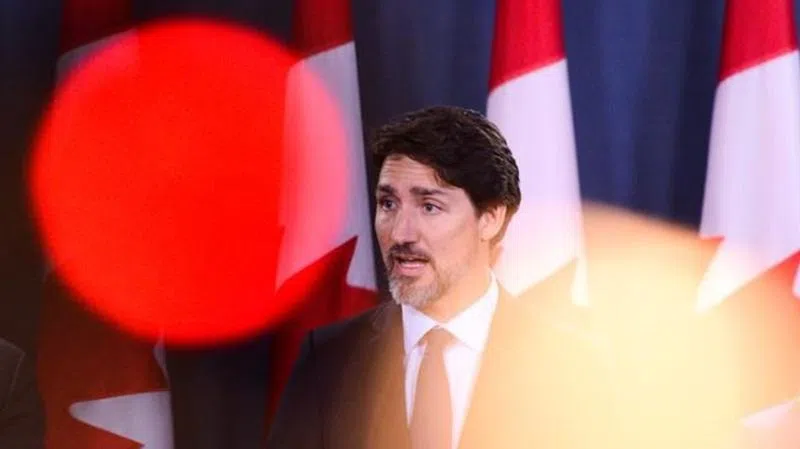
Canada to give $25,000 to families of each Canadian who died on Flight PS752
OTTAWA — Families of the Canadian victims on the Ukrainian passenger jet shot down over Iran last week will receive $25,000 each to help with immediate costs they have for travel or funerals, Prime Minister Justin Trudeau said Friday.
Trudeau said the victims’ families face difficulties in paying bills now and cannot wait for a legal or international compensation process to play out.
In the interim, Trudeau said, the government and families agreed that $25,000 per victim would be a helpful “first step” to cover funeral arrangements and travel.
Trudeau said 20 families have asked to bring the remains of loved ones back to Canada for burial, though none had been transported by Friday.


